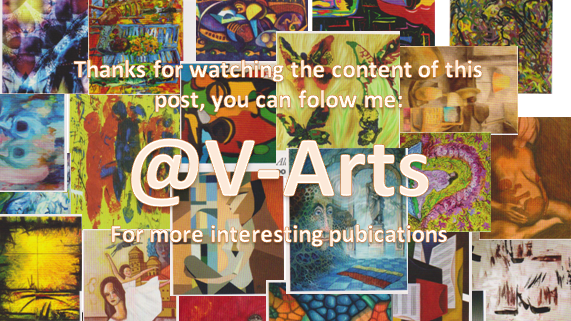The book of Kells has attracted rich collectors for its extraordinary richness and detail. It is an illuminated or illustrated manuscript dating from the Middle Ages and stands out among the rest for the incredible craftsmanship with which it is made.
The Book of Kells, the medieval treasure of Europe
The book of Kells is an illustrated manuscript of the Gospel, in Latin, that contains the four Gospels of the New Testament, along with several texts and tables of preface.
It is not entirely clear where the book was created, because although it owes its name to the abbey of Kells, the place where it was kept, the monks responsible for the manuscript did not make it there and, although there are several theories and it is known that these monks arrived at Kells from the monastery of Iona (Scotland), the date of completion and the fact that it is unfinished make many hypotheses are handled. Some assure that it was San Columba himself who started writing the manuscript, others that is after his death, others that part of it was made in Kells ...
More recent studies have been able to demonstrate that it began to be created somewhere, either Iona or another, before being taken to another location, which could well be Kells, after the Viking invasions, very common in the British Isles during the time , that surely put in danger those who created it. The geographical origin of this work, as you see, is not at all clear and we may never get to know it with security.
It is believed that it dates from 800 AD. The text of the Gospels is widely drawn from the Vulgate, a version of the Bible of the fourth century, although it also includes several passages taken from earlier versions of the Bible known as Vetus Latina.
This manuscript is considered a masterpiece of Western calligraphy and represents the pinnacle of Insular lighting. It is also widely considered the best national treasure in Ireland.
It is written in capital letters in a typically islander style, with black, red, mauve or yellow ink. Its pages are made with the skin of about 185 calves and some particularly illustrated leaves were made with thicker parchment. These elements confirm the particularly important means set in motion by the abbey that produced the manuscript. The book, however, seems incomplete, as some of the decorations appear only as sketches.
The illustrations and ornamentation of the Book of Kells surpass those of other books of the Insular Gospel in extravagance and complexity. The decoration combines traditional iconography with the ornate swirls typical of island art. The figures of human beings, animals and mythical beasts, along with the Celtic knots and patterns interwoven in vibrant colors, animate the pages of the manuscript.
The wonderful workforce draws the attention of the specialists who ask themselves, why did the monks try so hard to create these incredible pages?
Although it is believed that the large pages and illustrations were made in this way so that they could be seen from the bottom of the church and impact the congregation, most of which could not read or write, it is not known for sure.
What do you think of the book of Kells? A wonder, right?





Congratulations! This post has been upvoted from the communal account, @minnowsupport, by v-arts from the Minnow Support Project. It's a witness project run by aggroed, ausbitbank, teamsteem, theprophet0, someguy123, neoxian, followbtcnews, and netuoso. The goal is to help Steemit grow by supporting Minnows. Please find us at the Peace, Abundance, and Liberty Network (PALnet) Discord Channel. It's a completely public and open space to all members of the Steemit community who voluntarily choose to be there.
If you would like to delegate to the Minnow Support Project you can do so by clicking on the following links: 50SP, 100SP, 250SP, 500SP, 1000SP, 5000SP.
Be sure to leave at least 50SP undelegated on your account.